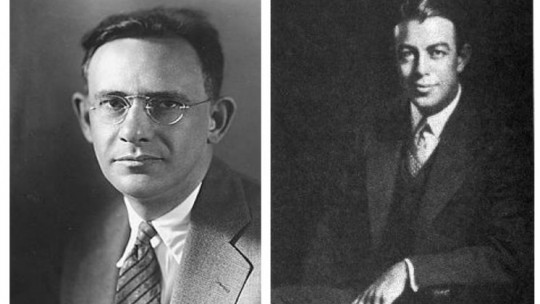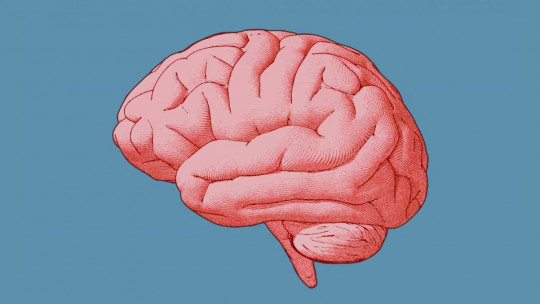The acquisition and development of language is linked to the performance of activities such as communication and social interaction, emotional expression, knowledge of reality and also, in the human species, to voluntary behavior and rational thinking, among others. In this PsychologyFor article, we will talk about The functional dimension of language
The Functional Dimension of Language
According to Bühler, it is possible interpret language and the individual signs that compose it as an instrument (Aristotle’s organon), which is functionally linked to different spheres of the subjects’ activity and which relates the sender both with several receivers and with that aspect of reality to which the signs refer.
Taking into consideration the functional dimension of the language forces attention to be shifted from the language itself to the user who knows and uses this language in their communicative exchanges or in their general relationships with the environment.
From a psychological perspective of the study of language, the analysis of the nature and genesis of the different functions of language, on the one hand, and the detailed study of the genetic relationship between the structural peculiarities of linguistic systems and their functional potential, has allowed deepen the study of the intellectual and social potentialities of the human species in that of their similarities and differences with other species and the role that language plays in the phylogenetic and onotogenetic construction of these capacities.
This article is merely informative, at PsychologyFor we do not have the power to make a diagnosis or recommend a treatment. We invite you to go to a psychologist to treat your particular case.
If you want to read more articles similar to The functional dimension of language we recommend that you enter our Cognitive Psychology category.








